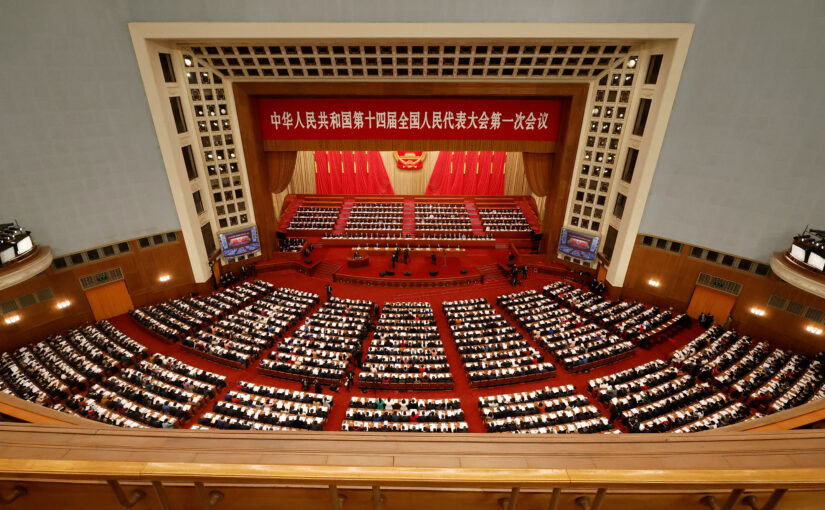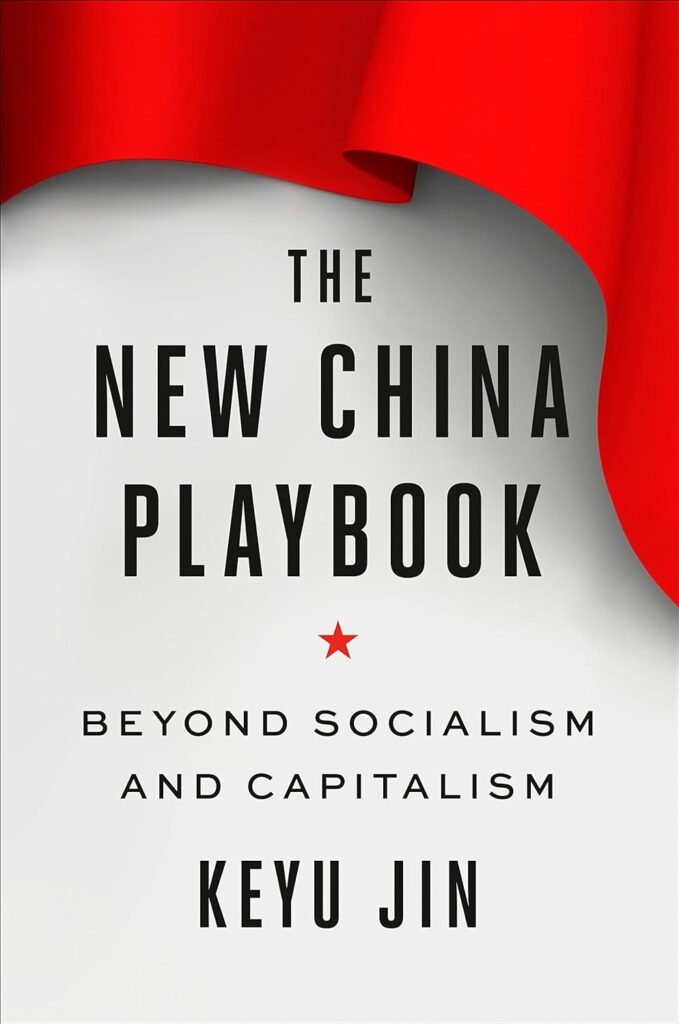Recently I have been faced with questions and accusations on how corrupt and dictatorial the Chinese government is to its population. Most of these comments come from people who have not visited and experienced China. Their conclusion largely stems from the feeding of Western mainstream media.
I provide this post as a source of “alternative” information so that anyone can get a quick introduction of what is the Chinese government and how is it being run?
Take a look at this TED talk by Eric Li. He quickly summarizes the differences between the Chinese government that are based on merit versus one that is based on votes practiced by the West.
Once you finished the above video, I encourage you to read the following answer to the Quora question included below. You can click on the question to go directly to the Quora site and gain additional insights from the other answers. I just happen to particularly like this one.
Don’t people in China wish to live in a democratic country?
Answered by YN Chen on Quora on Nov 5, 2023
I am a Chinese, have studied in the UK and traveled to many countries.
For me, China is democratic – probably even more democratic than western countries.
Of course, I am referring to the original meaning of the word democracy – the power of the state belongs to the people and the people have the right to rule the government.
Nowadays, democracy in the west often refers to multi-party competition, where the ruling party are elected by universal suffrage.
But this approach has some significant problems. As voters are ordinary people who has no specialized knowledge on managing the country, the core competitiveness of the election process becomes the ability to publicize public opinion, personal affinity, and persuasion, which have little to do with whether they can actually formulate and implement policies well, but are more relevant to the resources of the society and the media operation behind them.
In the west, the rule of the people is in a single choice question of political preference, and the frequency of being able to make a choice is once every four years. If you are the minority voter, you will not be able to get a satisfactory result in those four years.
In contrast, China’s “democracy” works like this:
- A huge system of officials that everyone can enter by studying and taking exams – from the smallest local township government to the central government, all within the same pyramid-tested promotion system. For Chinese graduates, it is a very common career selection to pick an official position related to their major from an open government list, take a test on logic and issue processing skills, and become a government official. All newcomers need to start from the basic positions and get enough practical results before they are internally elected with promotion.
- The criterion value of the government affairs is “people first”. The most important judgment dimension is whether they can improve the life of the majority and satisfy the people.
- Public opinion monitoring and feedback mechanism. All levels of government have set up channels to receive public opinion, such as emails, petitions reception, or social media. For every actual problem, the government must give feedback or specific plans within a period of time; and after a period of time, they must do regular follow-up visits to ensure that the problem has been solved satisfactorily. All this is counted in the KPIs of government staff. If the people are not satisfied with this government’s response, they can complain to a higher level of government, which has absolute power over the next level of government, and the government department complained against will be penalized and monitored.
In China, the rule of the people is in the government’s “people first” evaluation criteria, and in the mechanism of feedback and resolution of specific issues that are highly valued. However, if your opinion is detrimental to the interests of the underprivileged, or if you are not looking for a solution, but simply venting your negative feelings and trying to get more people to share your negative feelings, then your opinion might be refused or ignored, or be deferred in to future considerations.
I think this is why people say: in the west, you can change the government, but you can’t change the policies; however in China, you can’t change the government, but you can change the policies.
Of course, both mechanisms have their own drawbacks. For example, since the core competence of universal suffrage is the ability of influencing public opinion, so having control of the media and enough money is almost equivalent to having a high probability of obtaining the highest power in the country; in China, it is very difficult to make the complex internal promotion completely transparent, and it is not easy for the people to monitor inefficiencies and corruption inside the system.
But for me and at least 80%+ Chinese people, the current one party Chinese government is still very satisfactory.
As for the so-called “Communist Party is not the same as government”: in fact, the CCP is not the same as the Soviet Union type of “communism”, for example, China has its market economy system and is running well. Actually when there is only one political party, the notion of party advocacy would be extremely weakened. In the case of China, people would tend to feel that the Chinese system is more like a parliamentary system even within the government. China is a country with a secular culture, and ideology discussion is not really that important, what matters to this government council is simply about insisting with the people-oriented value, and making people living in better lives.
To be honest, I think that the vast majority of the world’s people don’t care about politics.
People care more about their own lives – whether they can live healthy and happy lives with the people they love, whether the society is fair, safe and free, whether they can enjoy their civil rights as a human being, whether their problems can be solved and whether their dreams can be realized.
Also, I agree that China is better for ordinary people, small and medium-sized entrepreneurs to live in, but not for the extremely rich guys. If you are a rich tycoon or celebrity and has no interest in benefiting ordinary people, then the Chinese government might supervising you with very strict rules, you will have more freedom and power in the West.
But as for me, China is not bad.
Finally, to get a deeper dive, I recommend the following book:

